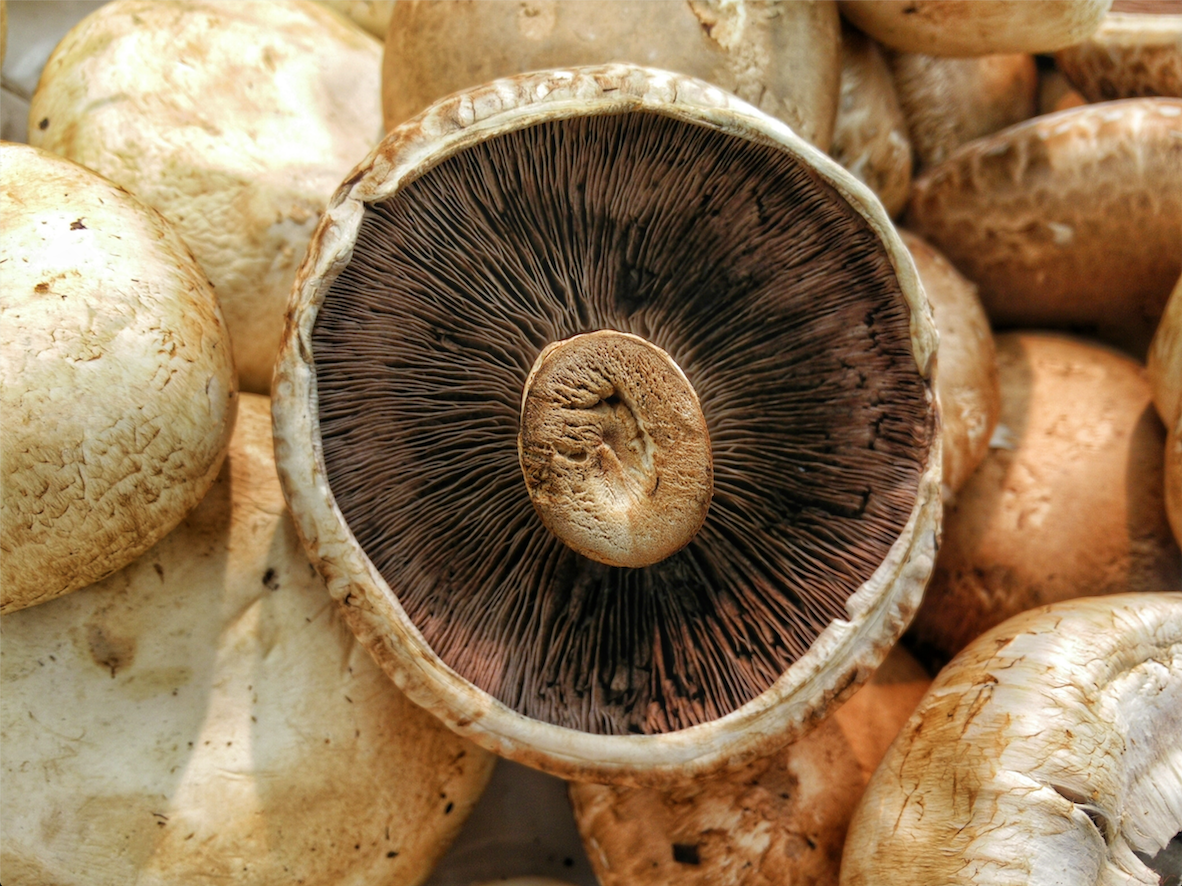In the first half of the 20th century, mushrooms — a type of fungus — received little public notice except as a tasty addition to certain dishes. In the 1950s these fungi gained attention because of some species’ psychedelic properties, as shown by Dr. Timothy Leary. Now mushrooms are moving on to achieve “new superfood” status.
What is a superfood? According to The Dietitian’s Digest, it is a marketing term for foods that have supreme health benefits. The term is reserved for items especially high in certain vitamins and minerals.
Of the 70,000+ known mushrooms, the 250 harmless species eaten by humans are rich in B vitamins, including riboflavin, niacin and pantothenic acid. Riboflavin is an antioxidant that helps maintain red blood cells and boosts energy levels. Besides contributing to a healthy metabolism, this vitamin supports skin and eye health. Pantothenic acid is required for the synthesis and metabolism of nutrients in the body. Dried mushrooms are a particularly rich source. Niacin helps control the progression of atherosclerosis in the mature adult and lowers the risk of heart attacks. It is also necessary to the integrity and health of the skin. These vitamins all help convert proteins, fats and carbohydrates into energy that can be carried in the bloodstream to all the tissues of the body.
The most important minerals found in mushrooms are selenium, copper and potassium. Selenium, an antioxidant, protects the body against cell damage due to the presence of free radicals. Mushrooms are one of the few food sources of selenium available to humans. Copper, a mineral required by red blood cells, helps carry oxygen throughout the body. Potassium, a mineral that contributes to muscle contraction, also regulates fluid and mineral balance in body cells. It helps maintain normal blood pressure by modulating the effects of sodium.
Mushrooms also contain ergothioneine, an antioxidant that contributes to cell repair. In addition, they contain beta-glucans — complex sugars that support the immune system’s ability to fight infection. Researchers report that beta-glucans can even prevent the formation or inhibit the growth of cancerous tumors.
Related articles:
Instructor-Led Workouts Vs Self-Guided Workouts: Which Is Best?
4 Reasons Why Diet Soda Shouldn’t Be Part Of Your Diet
Add These Workouts You Can Do At Work To Your Daily Routine
Iconic Foods In The US: Must-Try Foods From The West!

